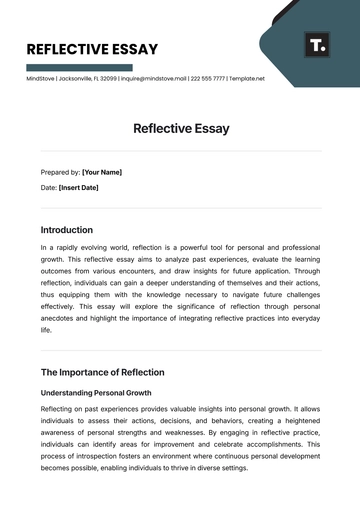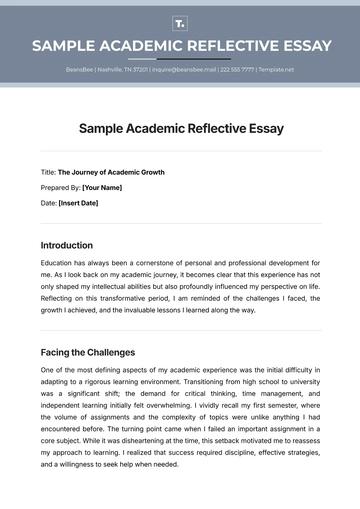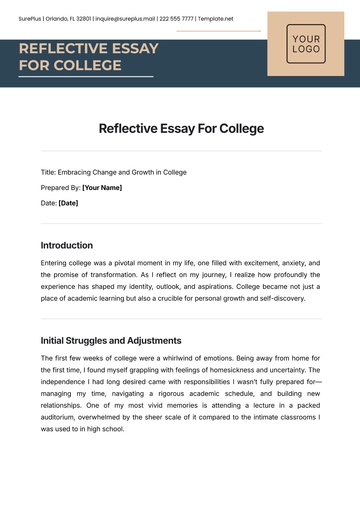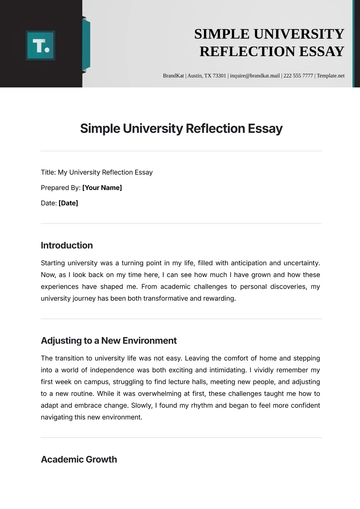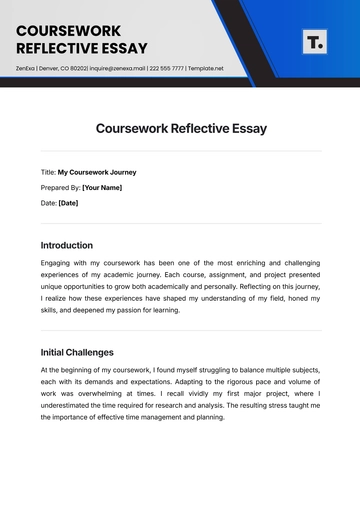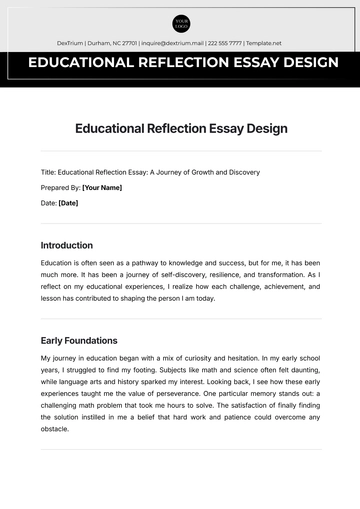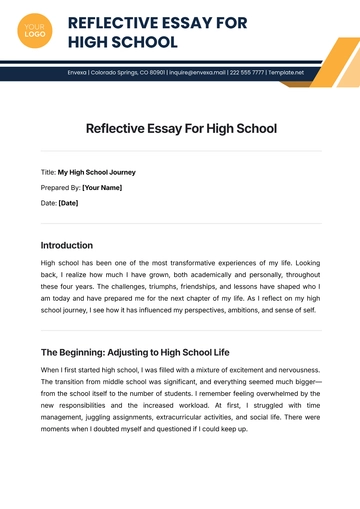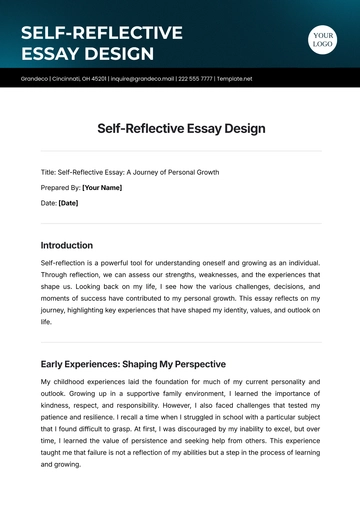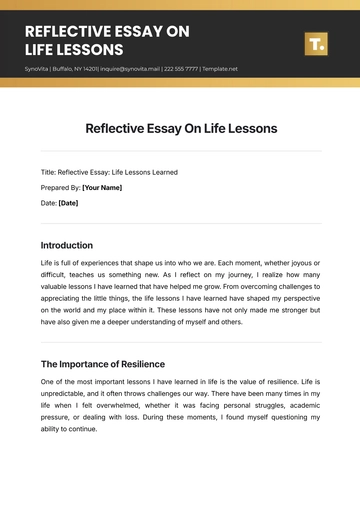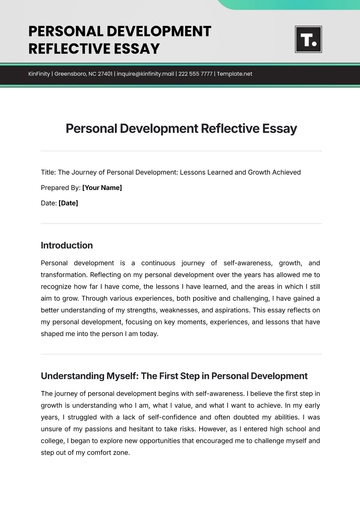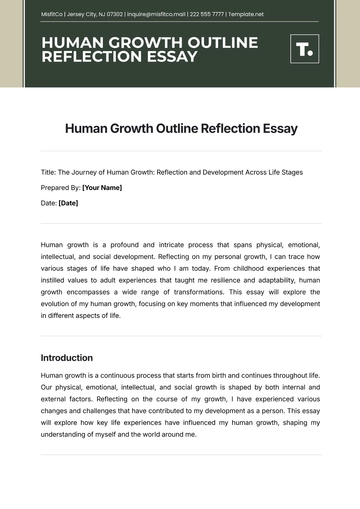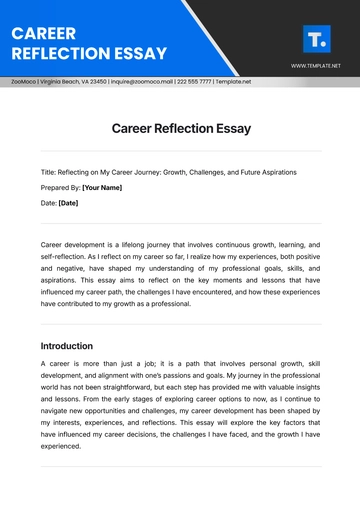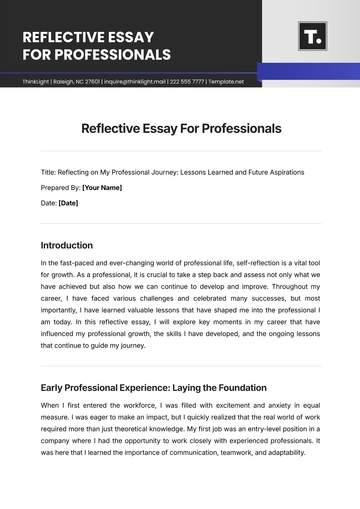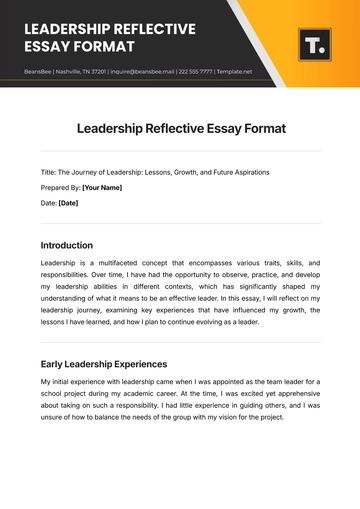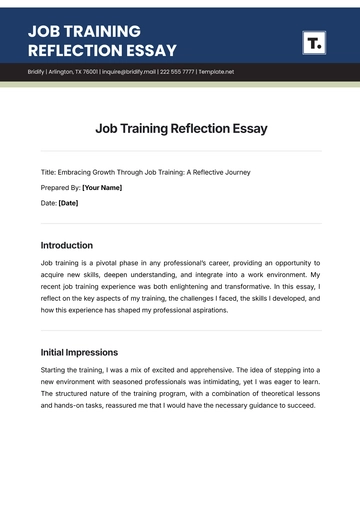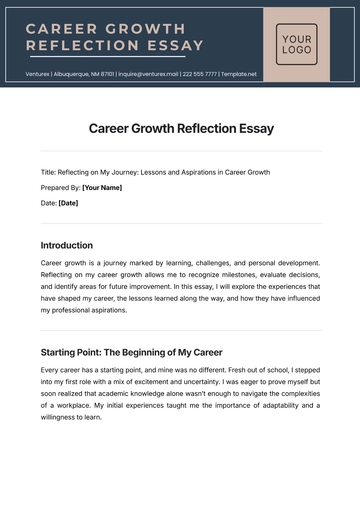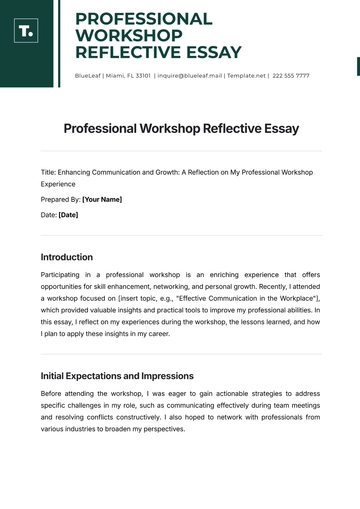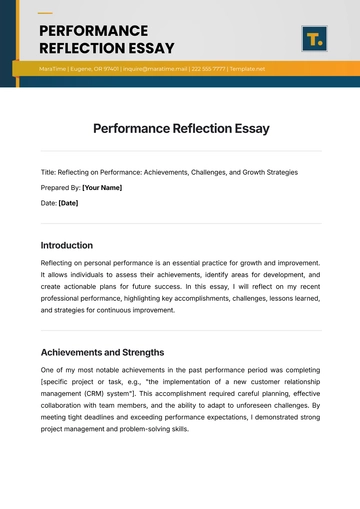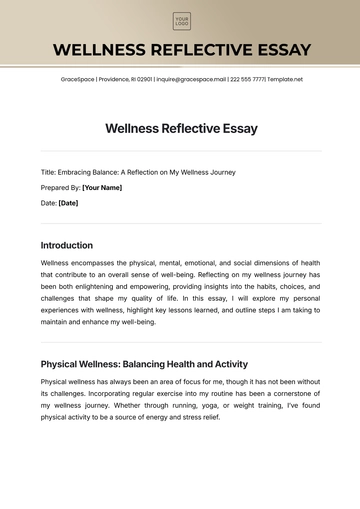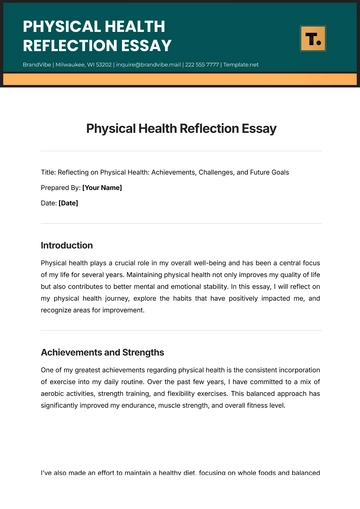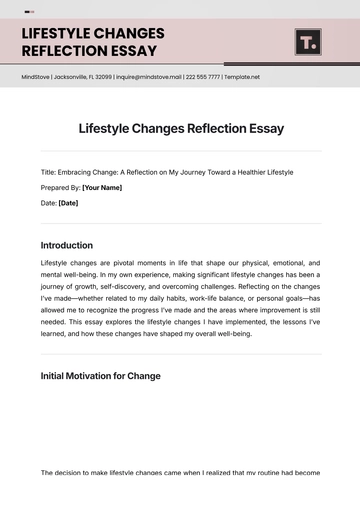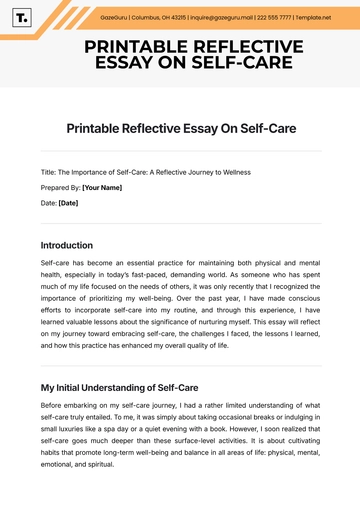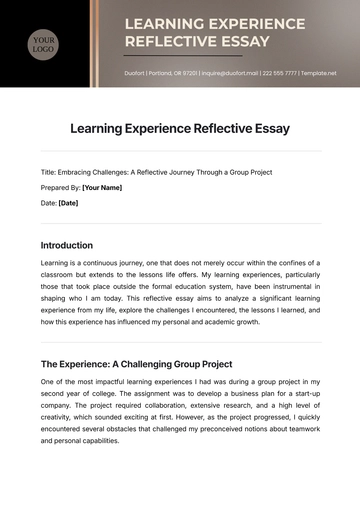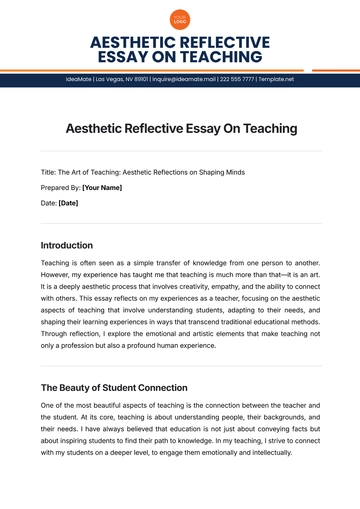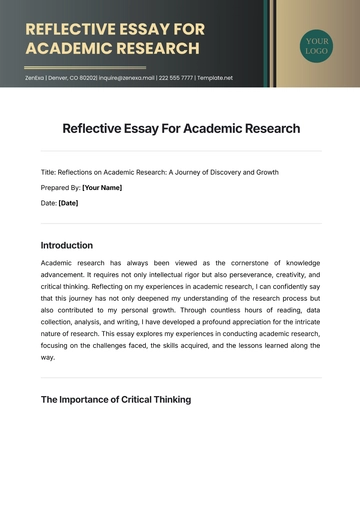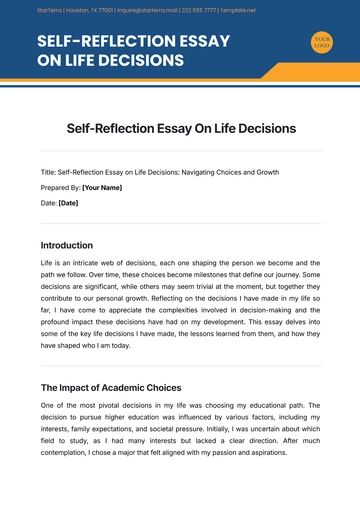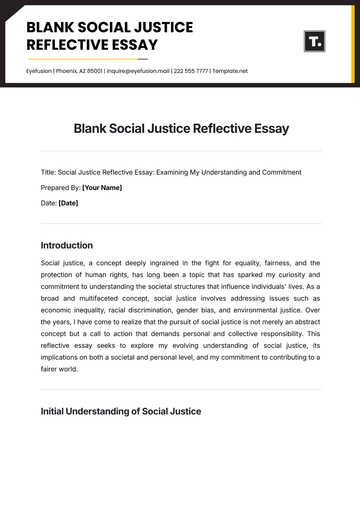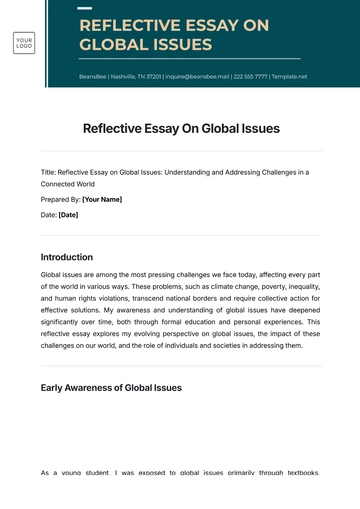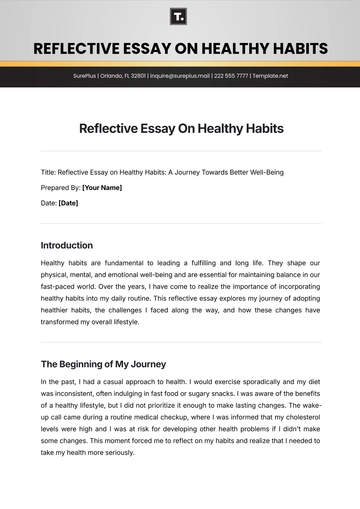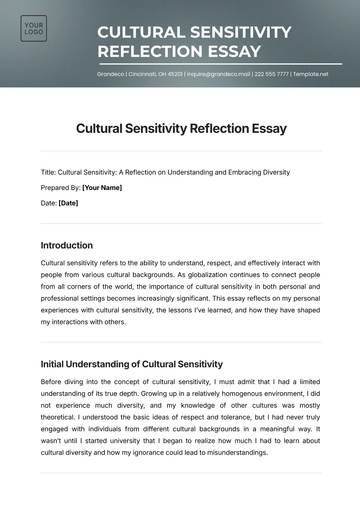Free Case Brief Essay

I. Case Title and Citation
Case Title: [Young v. Martin]
Citation: [2075 U.S. 789]
II. Introduction
The case of [Young v. Martin] presents a complex legal dispute over property ownership rights, specifically regarding adverse possession. This essay provides a detailed analysis of the case, exploring the key facts, legal issues, arguments presented by both parties, and the court's decision within the legal landscape.
III. Facts
The dispute arises from [Elijah Young]'s claim of adverse possession over a piece of real estate. [Young] asserts that he has openly and continuously occupied and maintained the land for over 25 years. Meanwhile, [Scarlett Martin], the defendant, inherited the property from her late grandfather. The central contention revolves around whether [Young]'s occupation satisfies the legal requirements for adverse possession under state law.
IV. Legal Issues
The primary legal issues raised in the case include the determination of whether [Young]'s occupation meets the elements of adverse possession and whether [Martin] has a valid claim to ownership of the property as the legal heir.
V. Arguments Presented
A. Plaintiff's Arguments
[Elijah Young] argued convincingly that his occupation of the property met the requirements for adverse possession under state law. He emphasized his longstanding residency on the land, his substantial improvements to the property, and [Martin]'s failure to assert her ownership rights during his occupancy.
B. Defendant's Arguments
[Scarlett Martin] contested [Young]'s claim, arguing that his occupation was permissive and not hostile to her ownership rights. She further contended that [Young]'s occupancy did not satisfy the statutory requirements for adverse possession. Denying [Young]'s claim, she argued, would unjustly deprive her of her property rights.
VI. Court's Decision
After thorough deliberation, the court held that [Elijah Young] had indeed established adverse possession over the disputed property. The court's decision was based on [Young]'s open, notorious, and continuous occupation of the land for the statutory period.
VII. Court's Reasoning
The court's reasoning was grounded in established legal precedents and principles governing adverse possession. It emphasized the importance of meeting statutory requirements and the significance of [Young]'s continuous occupancy in establishing adverse possession rights.
VIII. Conclusion
In conclusion, [Young v. Martin] exemplifies the application of adverse possession principles in property law. The court's decision underscores the importance of meeting statutory requirements for adverse possession and provides valuable guidance for future cases. By affirming [Elijah Young]'s adverse possession claim, the court recognizes the significance of open, continuous occupancy in establishing property rights.
For further inquiries or assistance, please contact [Your Company Name] at [Your Company Email].
- 100% Customizable, free editor
- Access 1 Million+ Templates, photo’s & graphics
- Download or share as a template
- Click and replace photos, graphics, text, backgrounds
- Resize, crop, AI write & more
- Access advanced editor
Discover the ultimate solution for crafting professional case briefs effortlessly with Template.net's editable Case Brief Essay Template. Tailor-made for legal professionals, this customizable template ensures seamless editing in our AI Editor Tool. Streamline your workflow and create comprehensive case summaries with ease. Unlock your potential today!
